E48: When Can I Stop Paying Premiums
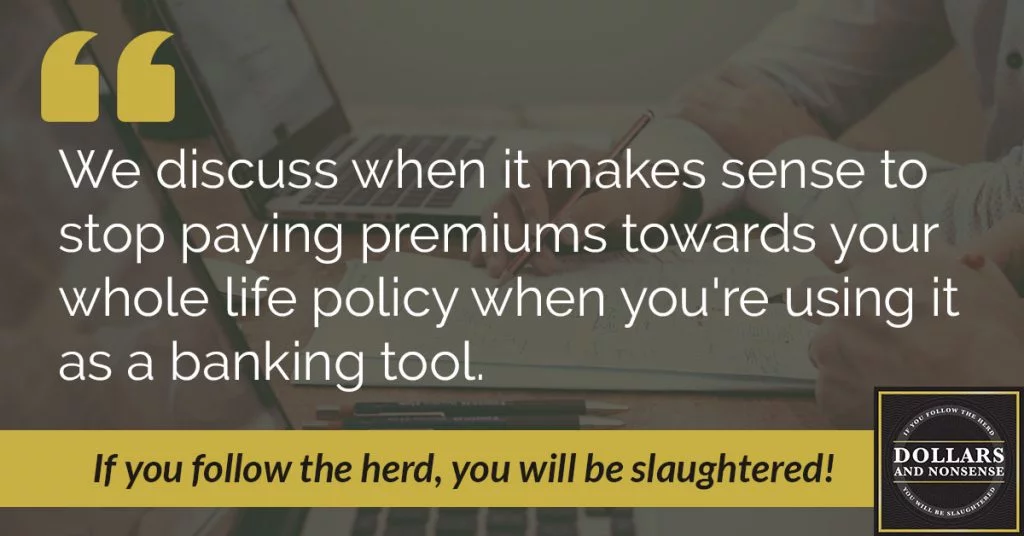
In this episode, we will discuss when it makes sense to stop paying premiums towards your whole life policy when you’re using it as a banking tool, We’ll also share why you’ll probably have to change your perspective on the word “premium” if you want to be successful at Priviate Family Financing in the first […]
E47: 3 Mental Barriers Standing in the Way of Financial Freedom
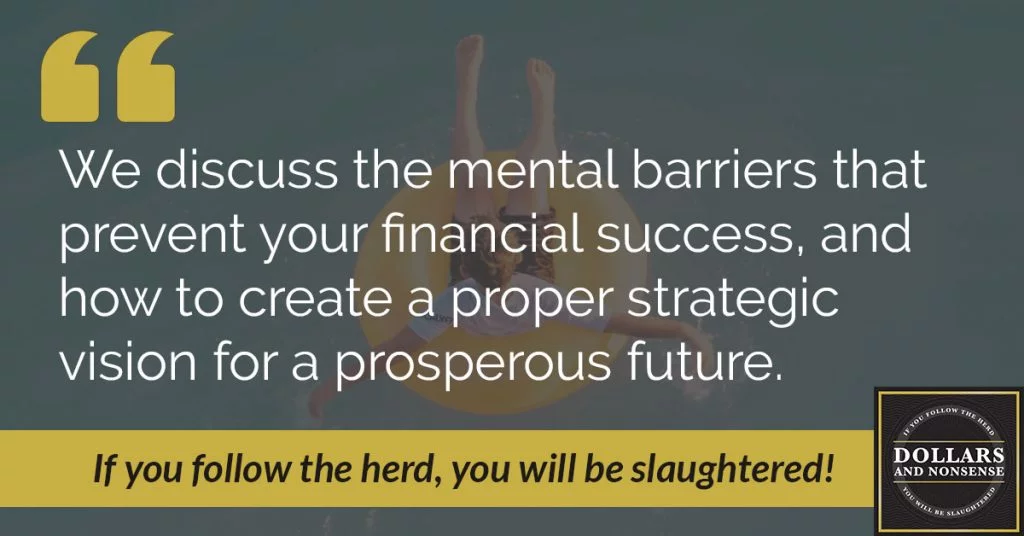
In this episode, we discuss the mental barriers that prevent your financial success. And we’ll share the things that you need to do to create a strategic financial vision to achieve freedom.
E46: How to Decide if 401(k) Match is Best For You
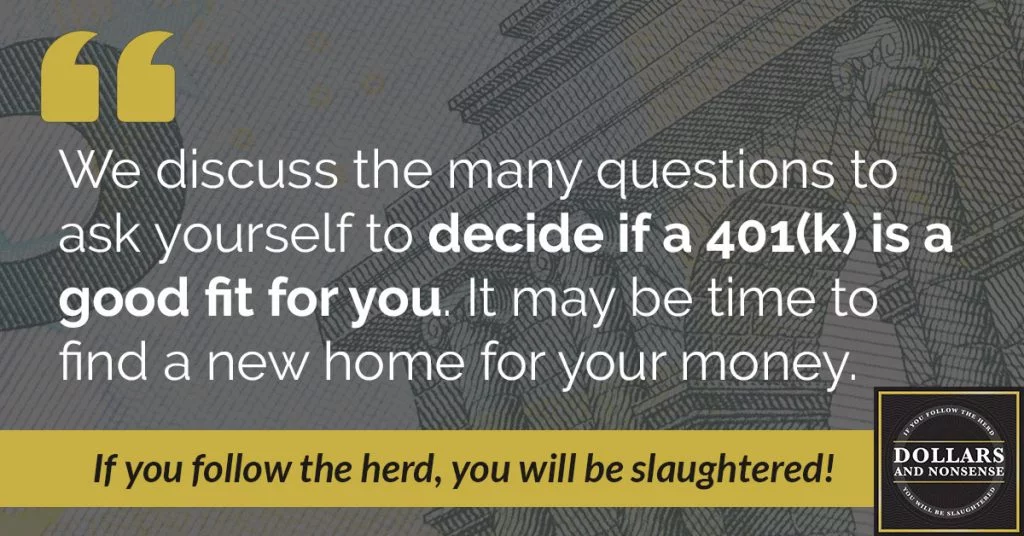
The 401k match is probably the most common tool used by Americans today as they try to save for the future. But is it right for you? In this episode, we will discuss the many questions to ask yourself to decide if it is a good fit for you. Your home may need a new home…
E45: How to Avoid Going Broke Paying For College
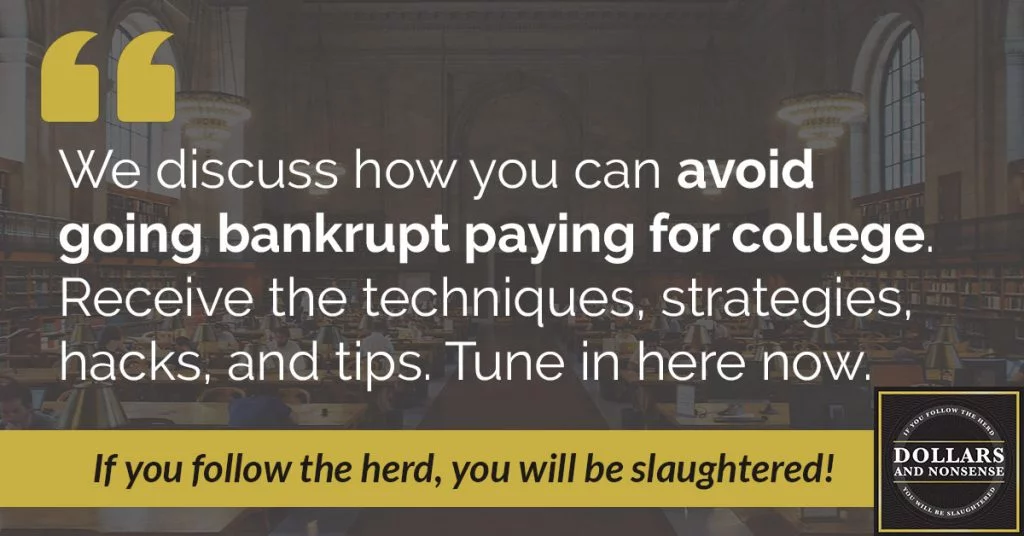
In this episode, we discuss how you can avoid going bankrupt paying for college. We’ll share techniques, strategies, hacks, and tips. Click here to tune into the show…
E44: How to Define Financial Freedom And Get There
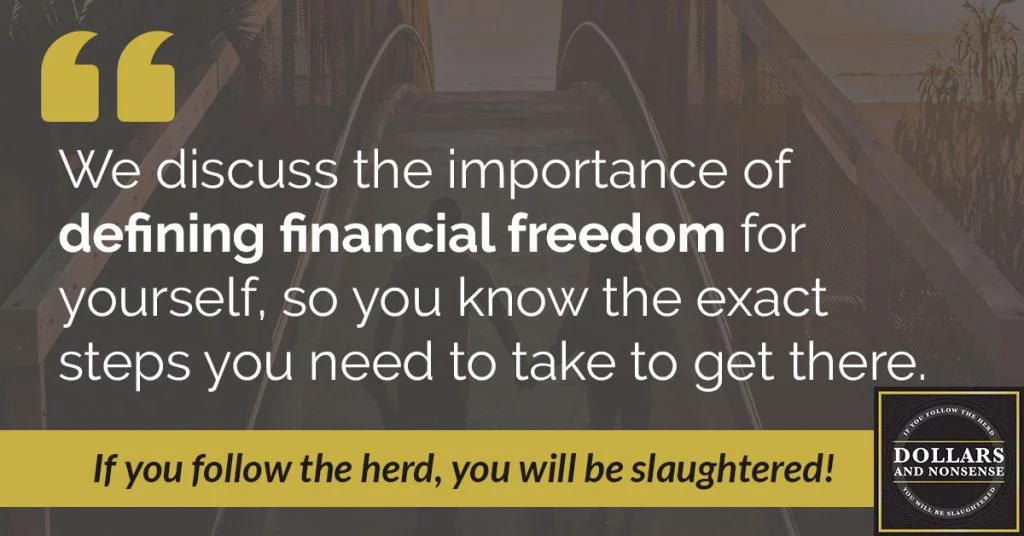
In this episode, we discuss the importance of defining financial freedom for yourself, so you know the exact steps you need to take to get there.
E42: How to Make Money Do Multiple Jobs
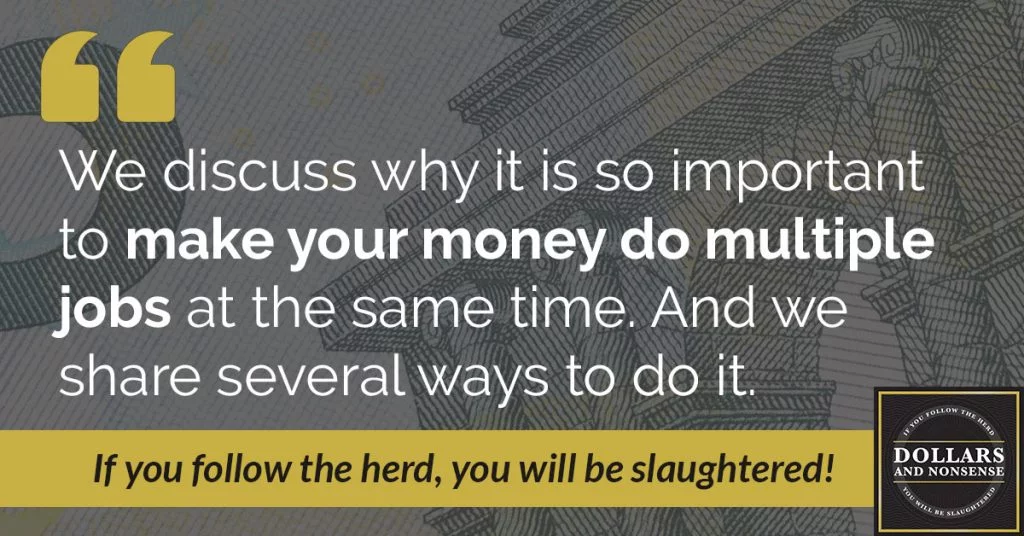
In this episode, we discuss why it is so important to make your money do multiple jobs at the same time. In other words: Make your money work for you. If you’re thinking that you have far too little to show for all the work you’ve done over the years, maybe it’s time to have your money pick up the load and start doing the work for you.
E38: How to Break Free From Federal Reserve Money Manipulation
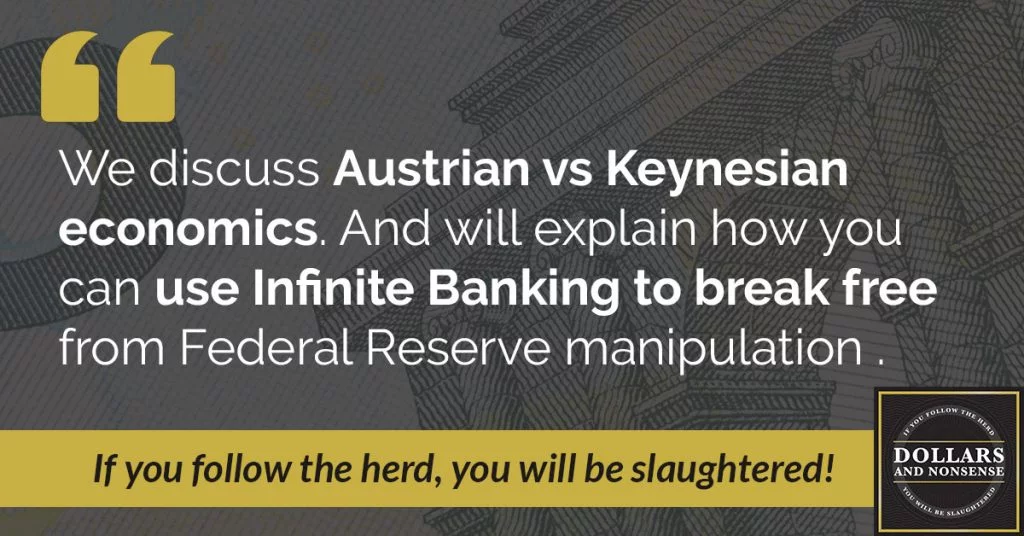
In this episode, we discuss the difference between Austrian economics and Keynesian economics. And will explain how you can use infinite banking to break free from the money manipulation of the Federal Reserve. In episode 36, we covered hyperinflation, cryptocurrencies, infinite banking, and how all of them go hand in hand. And we talked a little […]
E35: Ray Poteet Shares The Surprising Infinite Banking History
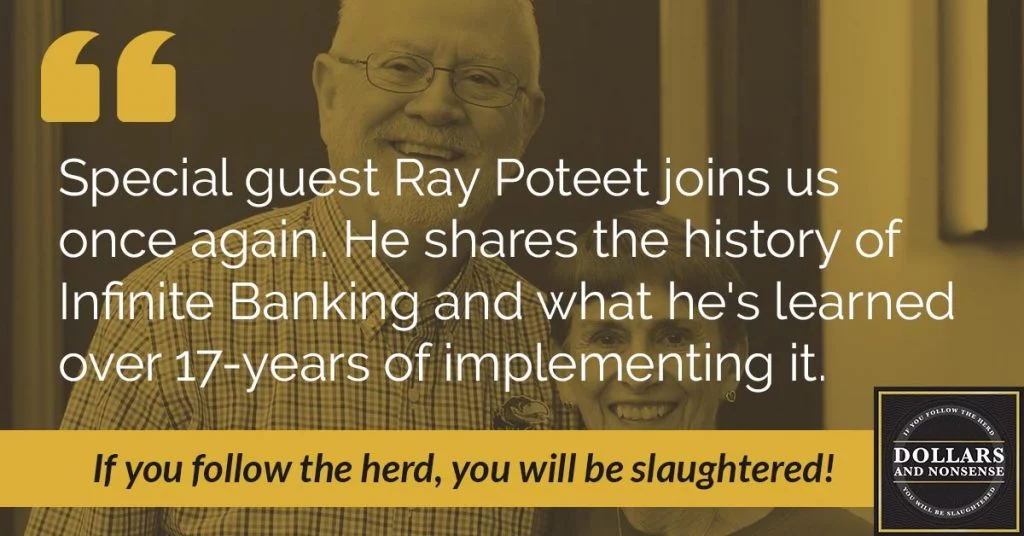
In this episode, Ray Poteet is back to share the Infinite Banking History with us. Ray’s also going to be telling us exactly what he has done over the past 17 years with Infinite Banking. And he’ll open up about the wealth that’s been created by following the principles taught through these models for success.
E14: How to Break Free from Banks
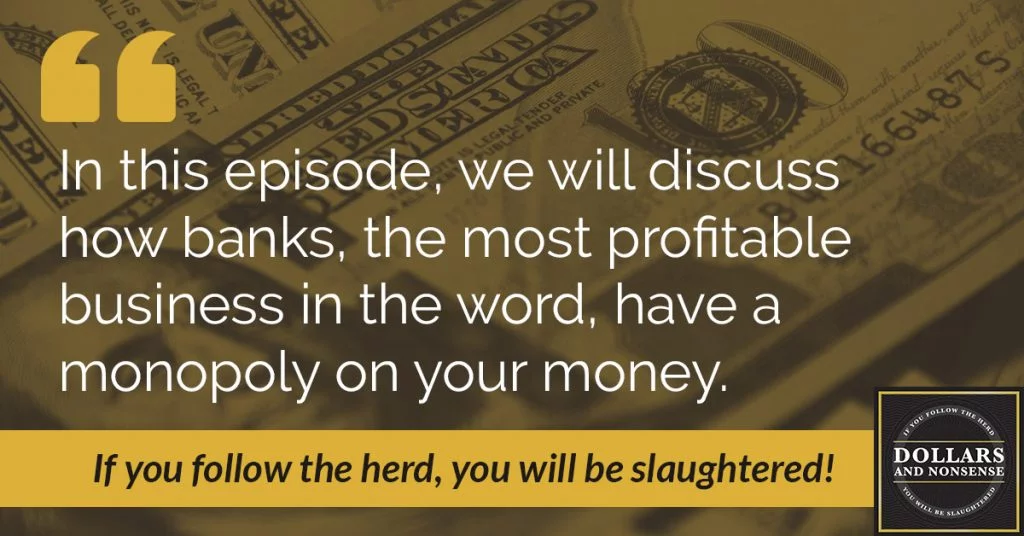
In this episode, we will discuss how banks, the most profitable business in the word, have a monopoly on your money. And we’ll share how you can break free from their scheme.
E13: Determining if a Financial Strategy is Too Good To Be True
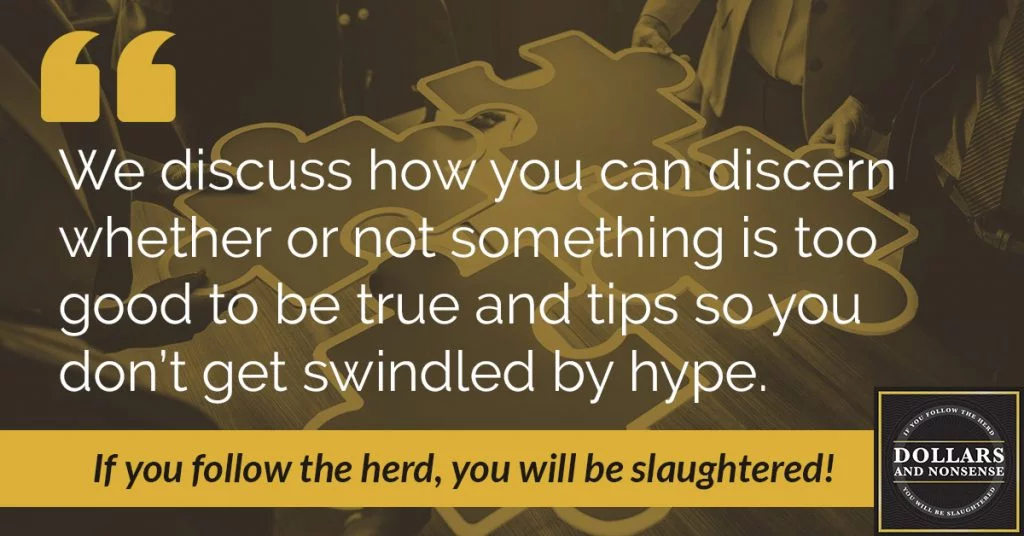
In this episode, we will discuss how you can discern whether or not something is really too good to be true. We’ll share some tips and thoughts so that you don’t swindled by the next fly by night salesman.

